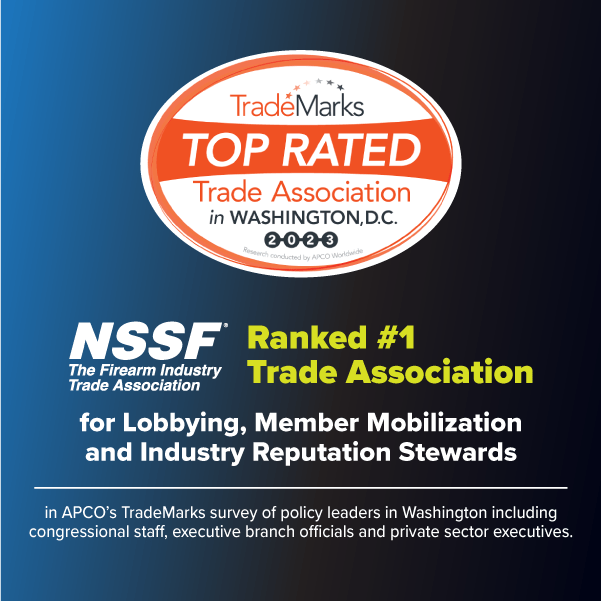 Back to News
Back to News
June 17, 2022
New York Court Rules Happy the Elephant Isn’t Human
New York’s highest court – the New York Court of Appeals – rejected by a 5-2 decision the anti-hunting group Nonhuman Rights Project’s (NhRP) lawsuit claiming Happy the Elephant isn’t an animal and instead had “personhood” rights and is being held by the Bronx Zoo against her will.
“While no one disputes the impressive capabilities of elephants, we reject petitioner’s arguments that it is entitled to seek the remedy of habeas corpus on Happy’s behalf,” Chief Judge Janet DiFiore wrote. “Habeas corpus is a procedural vehicle intended to secure the liberty rights of human beings who are unlawfully restrained, not nonhuman animals.”
The court’s decision was the most recent rejection of the anti-hunting group’s attempt to assign personhood to animals.
Hunting & Conservation
Judge Rowan Wilson wrote in a dissenting opinion that the court had a duty “to recognize Happy’s right to petition for her liberty,” not just because “she is a wild animal who is not meant to be caged and displayed, but because the rights we confer on others define who we are as a society.” The court’s majority, of course, disagreed. People uniquely have rights in America. This is why the case mattered for the hunting, conservation, wildlife management and animal agriculture communities.
Judges appeared irritated when they first heard the case last month before rendering their decision. Judge Jenny Rivera questioned the Nonhuman Rights Project, Inc. (NhRP) attorneys, asking, “If Happy is a person, does that mean that I couldn’t keep a dog? I mean, dogs can memorize words.”
If the court decided Happy did indeed possess personhood rights, the floodgate would open for future lawsuits against other zoos. Animal rights groups could sue dairy cow or meat processing operations, pig farms, or chicken or pheasant preserves. The New York Farm Bureau even submitted an amicus brief in favor of the Bronx Zoo warning that a ruling in NhRP’s favor could be disastrous. “Worse, if any of those habeas petitions succeed in securing the release or transfer of livestock… the downstream effects also would be serious.”
That would also be an obstacle to hunters harvesting wild game for their freezers and wildlife management biologists that rely on hunting as a wildlife conservation management tool.
Long Road
Happy came to the Bronx Zoo in 1977. Happy is a 50-year-old elephant in the care of zookeepers, well-fed, bathed and watched over. Happy even has a social life with visitors and other elephants.
That didn’t stop NhRP from bringing Happy’s case to court in 2018. “She’s a depressed, screwed-up elephant,” said NhRP’s founder. The group wasted the court’s time and resources with junk suits in 2018 and 2020, both times the court rejecting their claims. This final stage was set when an appellate court agreed with the ruling of a lower court, which brought the case to the New York Court of Appeals. Happy has remained at the Bronx Zoo this entire time.
NhRP would be wise to take the loss and stop there. The North American Model of Wildlife Conservation demonstrates that when a society puts intrinsic value on wildlife, those species prosper. NhRP’s goal wasn’t to free Happy. It was to force a radical anti-hunting agenda by judicial precedent that would disenfranchise hunters – the original conservationists.
You may also be interested in:
N.Y. Judges Irritated, Skeptical of Antihunting Group’s Claims That Happy the Elephant is a Human
Extremist Group Still Arguing for Animal ‘Personhood’ Rights
Categories: BP Item, Featured, Government Relations, Top Stories









